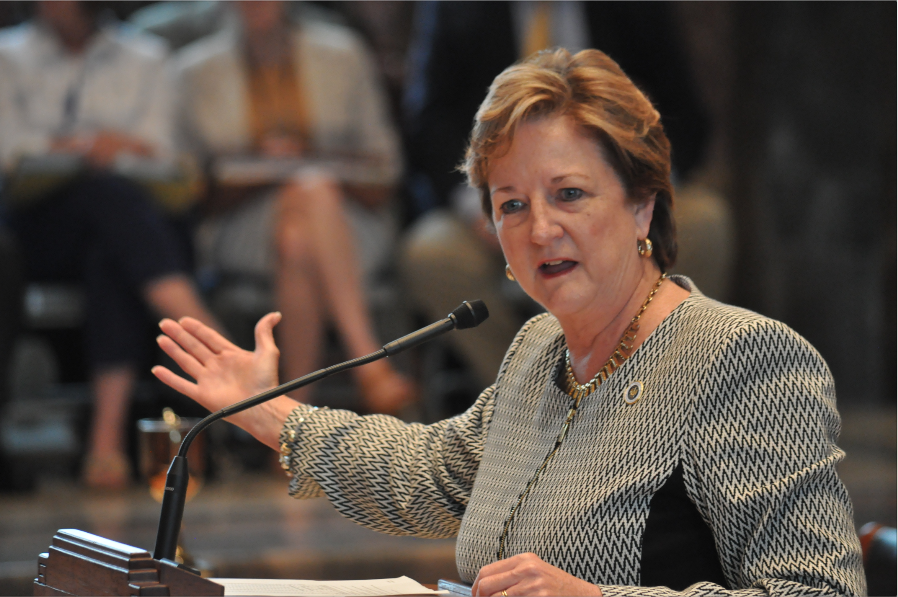150
Joby Richard
LSU Manship School News Service
BATON ROUGE–A joint legislative subcommittee is trying to free up $800 million of the several
billion dollars in state spending that is set by law and cannot be adjusted in the annual budget
proces
Senator seeks to remove restrictions from dedicated funds
previous post



